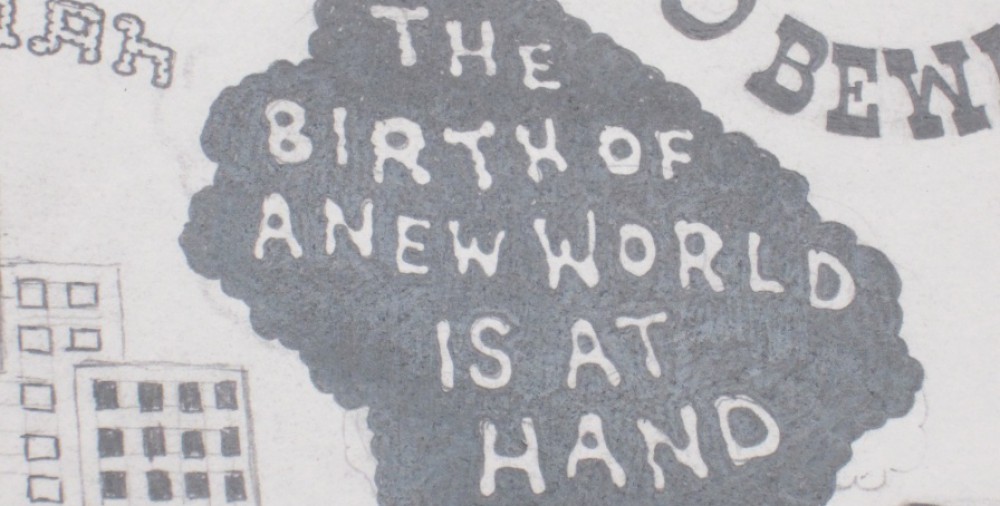Reading Ursula Le Guin’s stories I had a very clear picture of what was going on. Whatever the setting was I can imagine it as if I was remembering a scene from a movie. Comparing her stories “The Ones Who Walk Away from Omelas” and “The Day Before the Revolution” I realize how different they are. I enjoyed more “The Ones Who Walk Away from Omelas” it had a very pleasant setting, with every one being happy and living to enjoy life. Le Guin introduces the story with the Festival of Summer which I pictured as a Southern Party from the 1850’s. In the eyes of the people it was perfect, they found a way to erase a horrible secret and bury it in order to live a happily ever after life. Reading the beginning of the story and hearing about this wonderful place I began to imagine what would be like living there and how it would be nice to live there, but when the part of the little boy came my mood about this perfect life changed completely. I started feeling pity and anger, I even started feeling very protective of this imaginative innocent child. I could not imagine how the people in this story could go and see him like it was part of a ritual into adulthood and go on with their happy without doing anything. In my opinion if someone can live with that they don’t deserve to be happy. and I believe that I were in this story I would be one of the people who leave the town and live a hard life then to live on a good one at the cost of someone’s a child’s suffering.
“The Day Before the Revolution” didn’t capture my interest as much. Although I also was able to easily picture the scenes in my head I wasn’t able to obtain (I guess you can say) the emotional connection that I had with the previous story. This had more of a dystopian setting, with the citizens wanting to revolt again their higher authority, it seemed like a place of chaos. Where the law enforcement was taking advantage of their power and people were fighting back. Abuse and violence everywhere. I think it was a little too out of control, so much that the main character, Laia believed that the new generation was fighting for a reason that was not originally planned for the revolution. After her husband died, she lost interest in fighting for the cause and she became nothing more than a piece in a historical museum until she had enough and gave in into “falling.” They were very interesting stories, both with an unexpected twist and I have a good feeling that the other stories by Ursula Le Guin were just as interesting and captivating as “The Ones Who Walk Away from Omelas” and “The Day Before the Revolution.”



